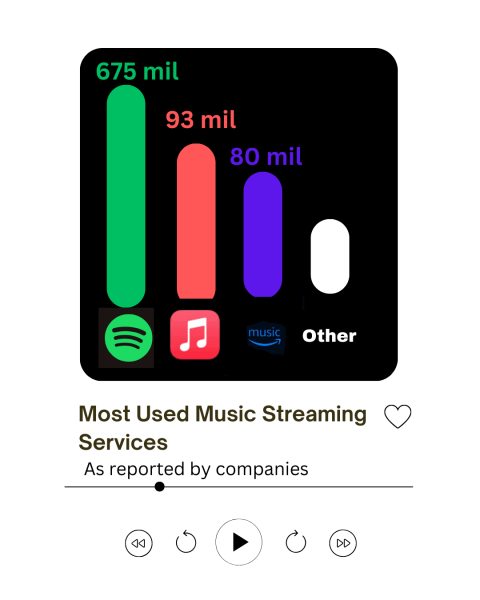Let’s agree on one thing: Respect
By not respecting other people and their opinions, conversations and disagreements can become hostile arguments that could change your relationship with the other person.
Solidified on a foundation of freedoms, one of the best characteristics about America is the ability people have to speak their minds without fear of persecution. These are the freedoms that make us proud and grateful to use platforms to share our personalities and thoughts with others. We are granted the power to uphold our own opinions and maintain our own beliefs.
We have been taught since a young age that it’s proper etiquette to avoid controversial topics with others that could strike disagreement. But, we all know those topics work their way into conversations all the time, whether it be at a family gathering or a social event; the curiosity that humans hold surpasses the desire to remain polite.
The freedom that gives us the right to voice our opinion is the same freedom that gives us the right to disagree with others. We aren’t obligated to listen to different viewpoints, nor in any case are we forced to agree, but with that freedom does come the responsibility of respect: the respect to acknowledge the other person along with their beliefs.
I have found there to be a noticeable change in the tone at school, on social media, and in common conversations surrounding opinions, a feeling of one-sided acceptance. There is now an atmosphere that acknowledges there to be two different viewpoints on a topic, but one is considered to be “morally right” and the other “morally wrong.” Those who side with the “morally wrong” decision are silenced by a fear of criticism from peers and pressured into feeling like a bad person. But in reality, they have every right to remain true to their chosen stance on a particular topic.
When conversations and disagreements escalate, people begin to lose respect for each other and become hostile. Harsh comments are impulsively said, feelings are attacked, and relationships are altered, all because two people considered a topic in different ways. No matter how much you love and care for that person, love never remains relevant in the heat of the moment when trying to prove yourself as right. With violence and anger already surrounding us in this world, there is no valid reason why we should add fuel to the fire by trying to prove our opinions to be superior.
Many feel the need to defend their stance because opinions are sometimes more than just quick conclusions. There are different types of opinions: ones based on facts and knowledge and ones based more purely on personal perspective, influenced by experiences, culture and upbringings. More times than not, viewpoints are relative, and it isn’t until you are immersed in the same situation as someone else that you are able to fully appreciate and articulate the reasoning behind their beliefs. Just because it appears that someone supports a particular side, doesn’t mean you know the full story behind their reasoning.
By experiencing one’s opposing point of view and better understanding where they’re coming from, it can not only make you a better person but also lead you to becoming more open-minded. Patience is gained along with acceptance as listening forces you to pause your own thoughts. Your argument can even be enlightened as you are then exposed to different details of an argument that allow you to respond in an informed way.
Emotions are a powerful tool. They have the ability to unite us and the capability to tear us apart. When we make decisions — especially about others — based on emotion instead of logic, we ignore our credibility, our character and our respect.
In today’s world, we as Americans encourage creativity and uniqueness more than ever before, yet we find ourselves irritated when someone else around us has embraced a different view than our own. We pride ourselves on the idea that unity is what is needed in order to overcome obstacles, yet we only allow those with the same viewpoint to become a part of an alliance. We advocate for all voices to be heard but have also made it clear that unless it is the opinion we want to hear, then it shouldn’t be spoken.
In a time when differences are highlighted the most, it is even more vital that we take the extra step to listen instead of talk, to understand instead of ignore and to respect instead of agree.











